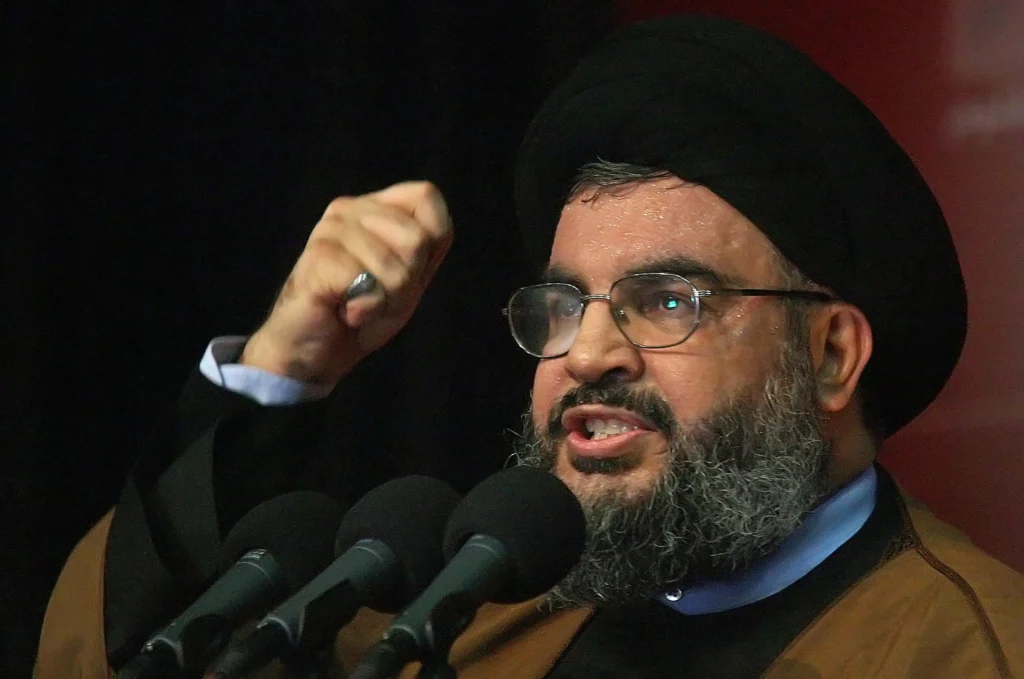Lebanon’s Hezbollah has officially confirmed the death of its leader, Sayyed Hassan Nasrallah, following an Israeli airstrike in Beirut’s southern suburbs. The announcement, made on Saturday, marks a pivotal moment for the militant group, which has been a significant player in regional politics and armed conflict for decades. In a statement, Hezbollah declared its commitment to continue the fight against Israel “in support of Gaza and Palestine, and in defense of Lebanon and its steadfast and honorable people.”
Israel’s military had previously claimed responsibility for the airstrike that killed Nasrallah, asserting that it targeted his underground headquarters as part of a broader campaign to weaken Hezbollah’s military capabilities. The strike, which occurred a day before the announcement, was part of Israel’s escalating military operations against Hezbollah amid heightened tensions in the region following the recent conflict in Gaza.
In the wake of Nasrallah’s death, Hezbollah’s Al-Manar TV station began broadcasting verses from the Quran, underscoring the somber mood within the group and the significance of their leader’s passing. The atmosphere in Lebanon is tense as the militant group, which has long positioned itself as a defender of Lebanese sovereignty and a significant ally of Iran, prepares for potential reprisals.
The confirmation of Nasrallah’s death has sparked concerns about the future of Hezbollah and the possibility of retaliatory actions against Israel. Analysts predict that the group may seek to avenge their leader’s death, which could further escalate the already volatile situation in the region. The impact of this loss is expected to resonate not only within Lebanon but across the broader Middle East, affecting Iran’s influence and the dynamics of the ongoing conflict.
As the situation develops, both regional and international observers are closely monitoring Hezbollah’s next moves and the potential for increased hostilities in an already precarious landscape.



